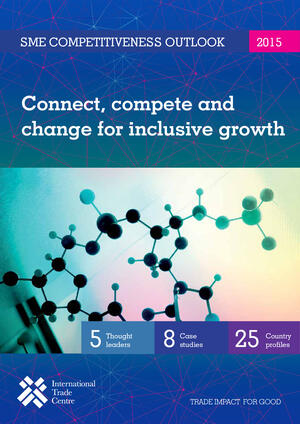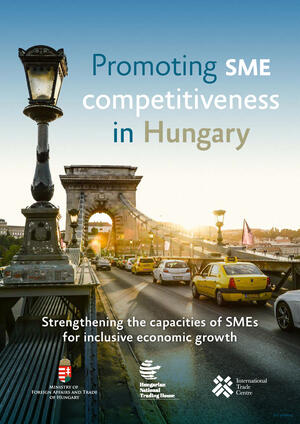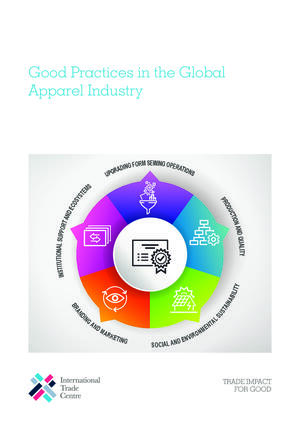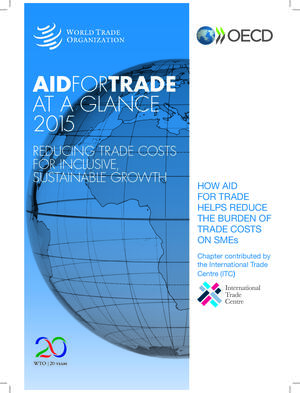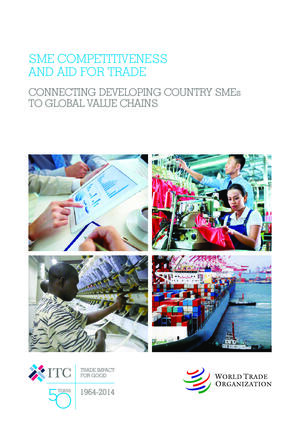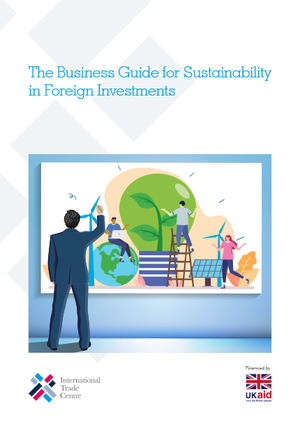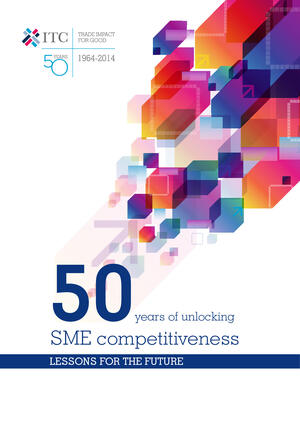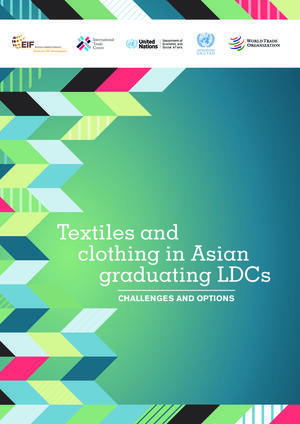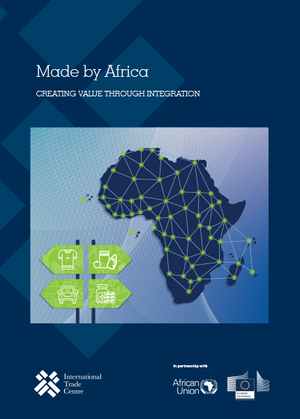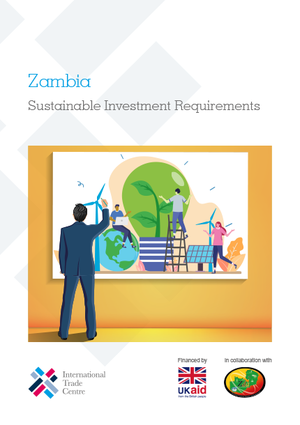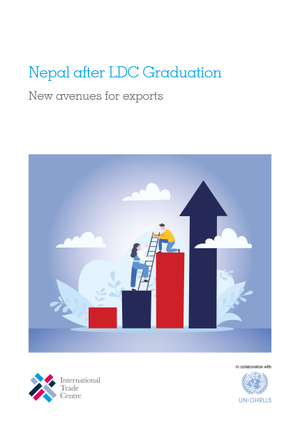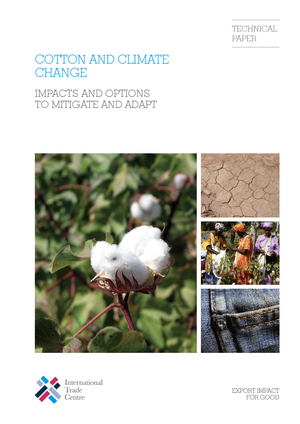Promoting SME Competitiveness in Hungary: Strengthening the capacities of SMEs for inclusive economic growth
Hungarian SMEs account for 99.8% of enterprises, 70% of employment, 50% of value added and 28% of its exports to the European Union.

See how our work is featured in the media, receive the latest updates from the field directly into your inbox, or view our global collection of photos, videos and podcasts.

We provide tailored support, aligned with national objectives, to grow trade opportunities for micro, small and medium businesses in developing countries.

Our market analysis and resource solutions will help you review crucial trade related information in over 200 countries and territories.

We aim to bring prosperity, inclusiveness and sustainability to developing countries through trade-related development assistance.
ITC publications bring the business voice to sustainable trade, with a focus on developing countries. We offer guidance for trade policymakers, business support organizations and small firms. Our reports offer insights to make trade more inclusive, green, digital and competitive.
Greater access to information about export opportunities is essential for determining SME export success.SMEs which participate in international trade are more productive than those which do not. Integration into global and regional markets is thus likely to help close the productivity gap between...
This ITC 50th anniversary publication explores new opportunities to connect small and medium-sized enterprises (SMEs) in developing countries to global markets, provides recommendations for trade assistance and presents a road map for ITC’s future work.
Nepal could lose 4.3% of exports because of tariff changes when it graduates from least developed country status in 2026. The removal of preferential tariffs will especially affect the apparel, synthetic textile fabric and carpet sectors. Losses will mostly occur in exports to China, the European...
Cotton production is both a contributor to and a ‘victim’ of climate change. Agricultural production, processing, trade and consumption contribute up to 30% of the world’s emissions when forest clearance is included in the calculation. Cotton production contributes to between 0.3% and 1% of...
